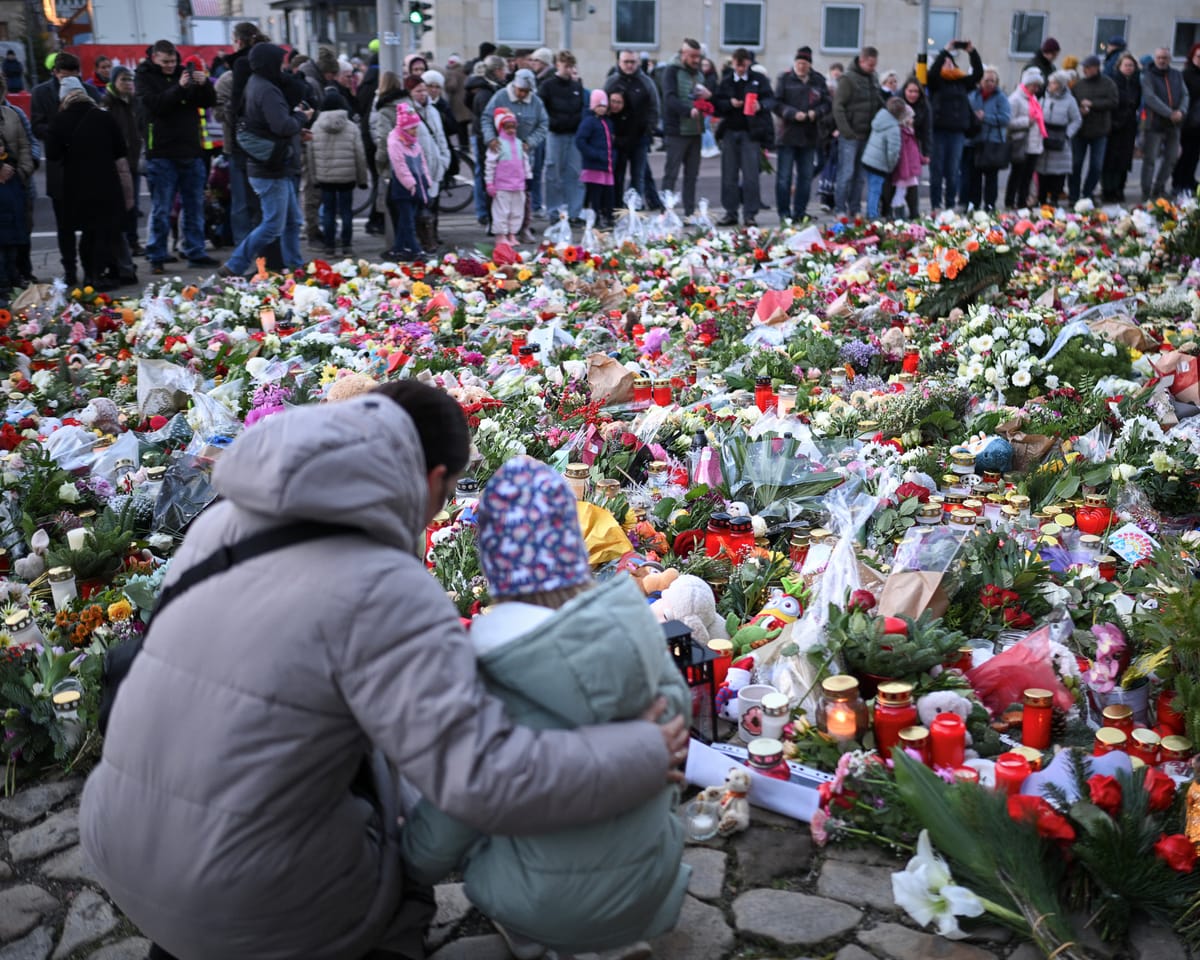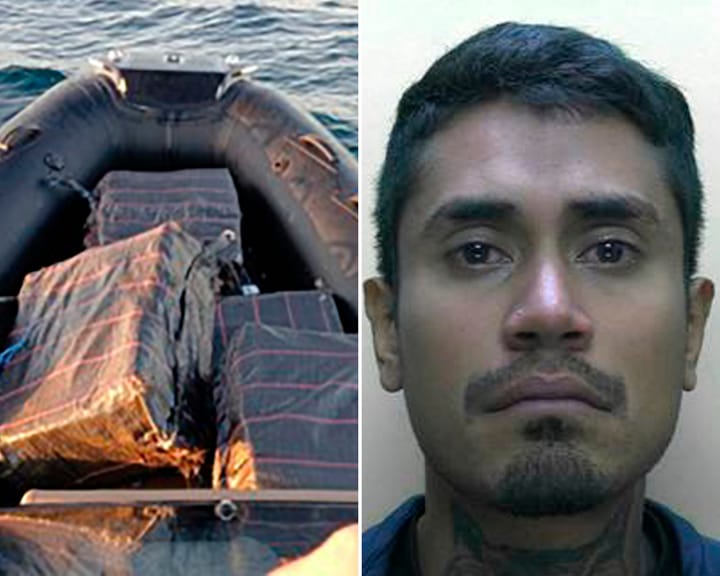Suspect in German Christmas Market Attack Sends Letters Seeking Forgiveness, Sparking Outrage
The suspect involved in a fatal car ramming at a crowded Christmas market in Germany has sent letters to victims of the attack, pleading for their "forgiveness," prompting anger from recipients.
A spokesperson for the prosecutor’s office in Saxony-Anhalt confirmed that at least five people injured in the December attack in Magdeburg—which killed six, including a six-year-old child—received correspondence this month from Saudi national Taleb al-Abdulmohsen, who is currently in pretrial detention in Berlin.
The handwritten letters, first reported by the Magdeburger Volksstimme, ended with a formal closing: "Mit freundlichen Grüßen" (with friendly greetings).
“At first we couldn’t believe it,” one recipient was quoted as saying, adding that the letter brought back traumatic memories of the night of the attack.
Another victim told regional broadcaster MDR: “We were shocked when we returned from holiday and found the letter in our mailbox. How could the perpetrator access survivors’ addresses?”
A counselor working with the victims stated: “None of the people I’m supporting have any interest in receiving an apology.”
Reports indicate that Abdulmohsen, 50, asked for forgiveness and wished the victims well but also included erratic passages about Saudi asylum seekers, resembling social media posts he had made before the incident.
He invited responses or visits from the victims or their representatives, requesting that any reply include a self-addressed stamped envelope.
The attack on December 20 left over 300 people injured, some critically, after a rented SUV sped through the market crowd. Abdulmohsen, a psychiatrist, was arrested at the scene and remains in custody on charges of murder, attempted murder, and serious bodily harm.
It remains unclear how he obtained the victims’ personal details. Some reports suggest they may have been included in legal documents shared with defense lawyers.
“We must investigate whether these letters could have been intercepted,” said Kerstin Godenrath, a regional lawmaker heading the inquiry into the attack, calling the letters a source of renewed trauma for victims.
The victims’ support group Weißer Ring criticized the authorities, with director Bianca Biwer stating the situation reflected a lack of consideration for those affected.
Biwer described the letters as an intrusion, placing victims at the perpetrator’s mercy. She noted that such contact is often used by suspects to seek lighter sentences by showing remorse.
Further details on the legal handling of the case remain under scrutiny.




